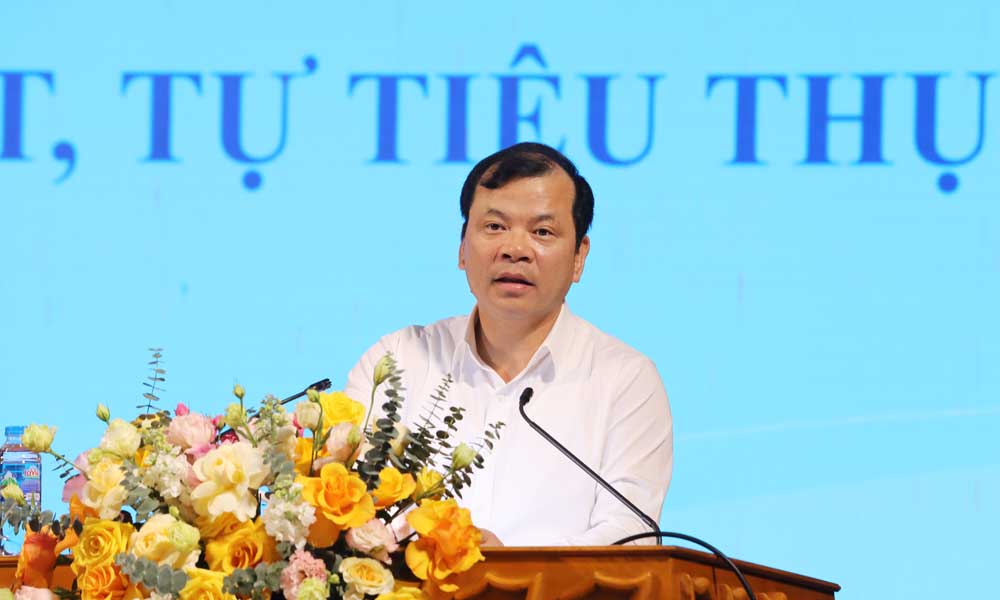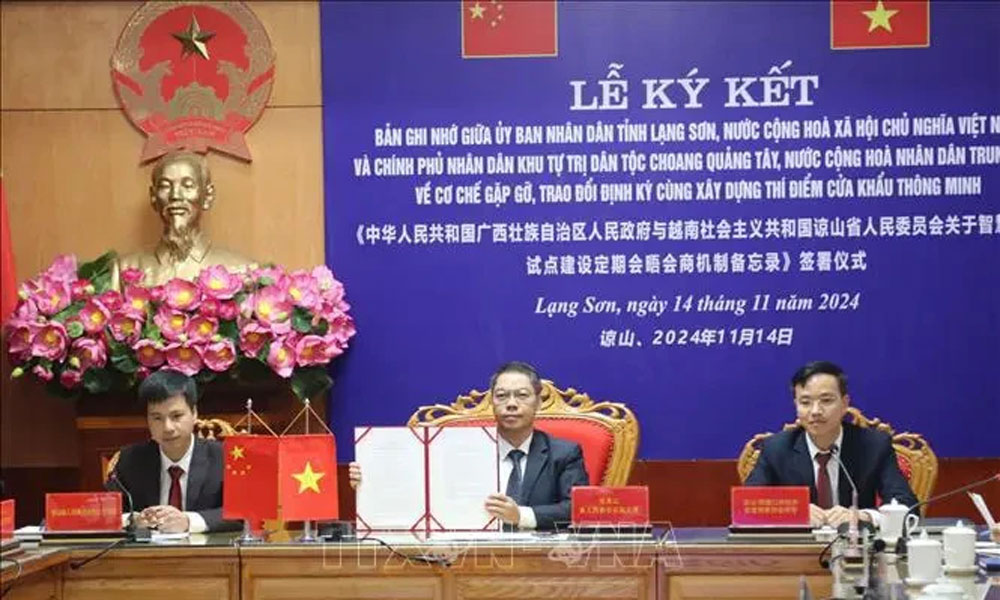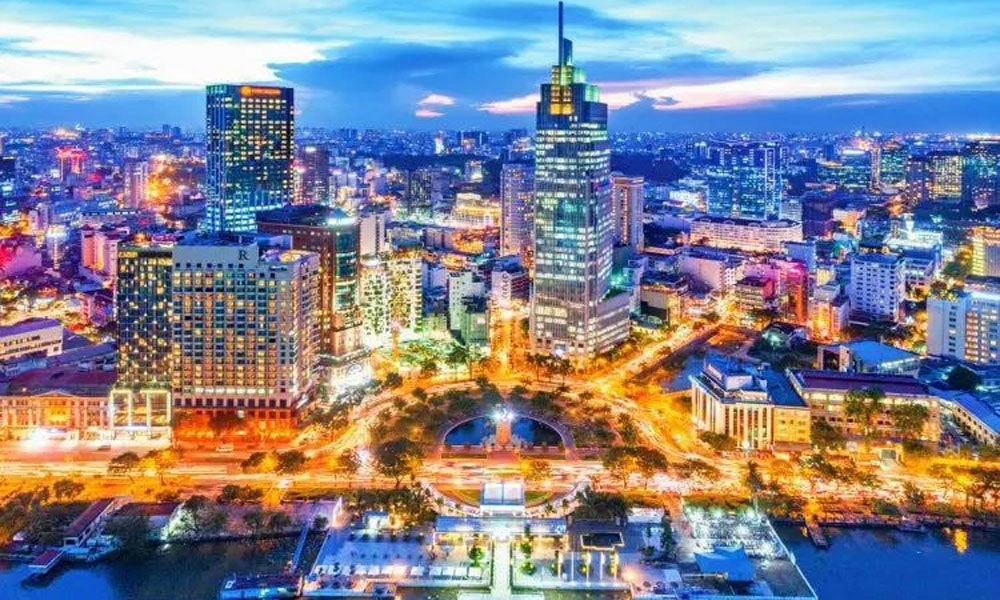IMF optimistic about Vietnam's economic growth
Supportive policies such as low interest rates, strong credit growth, and the government’s Programme for Socio-economic Recovery and Development have been accompanied by strong manufacturing output and a recovery in retail and tourism activity, the article said.
 |
|
IMF optimistic about Vietnam's economic growth. |
The IMF has recently raised Vietnam growth forecast to 7% this year, lifting it by a full percentage point from three months earlier and the only significant upward revision among major Asian economies.
The fund lowered the projection for next year by 0.5 percentage points to 6.7%, but that still contrasts with dimming prospects elsewhere and would be the fastest pace among Asia’s major economies.
By way of contrast, growth estimates for Asia were lowered to 4.2% and 4.6% for this year and next in the IMF’s latest World Economic Outlook Update, the article noted.
Vietnam’s inflation pressure has been mostly limited to some goods like fuels and related services like transport. Consumers are largely insulated from the global surge in food prices because of ample domestic supplies, pork prices declining from last year’s peak, and a preference for rice, which remains cheaper than other grains like wheat. Further, price gains for services, such as health and education, have also been very mild.
Consumer prices in the first seven months of the year rose, but remain below the central bank’s 4% target for the year. The economy’s delayed recovery last year has kept core inflation, which strips out volatile food and energy costs, below regional peers.
Inflation, however, could pick up as economic activity gets back to full speed. Higher costs for transportation and commodities such as fertilizers and animal feed could also raise prices for a broader range of goods and services, adding inflationary pressure.
Vietnam’s recovery also faces headwinds from global growth decelerating from 6.1% last year. The IMF’s World Economic Outlook lowered estimates to 3.2% this year and 2.9% next year amid the Russia-Ukraine conflict, and the slowdown in China and major advanced economies. Such a slowdown implies reduced demand for Vietnam’s exports, especially from key trade partners like the US, China, and the European Union.
In addition, financial conditions are tightening as interest rates in the US and other advanced economies rise to curb inflation. That in turn increases financing costs and can lead to capital outflows.
Finally, greater uncertainty about global trade and financial markets could weigh on the recovery, especially if some industries lose access to needed intermediate goods because of further supply-chain disruptions. That could curtail foreign investment in Vietnam, slowing production and technological growth.
Together, these factors mean policymakers must be agile and make timely changes. Fiscal policy should take the lead in aiding recovery, yet flexibly adjusted to evolving economic conditions.
The central bank should focus on rising inflationary risks, and communicate that it’s ready to act as needed and remains committed to meeting its inflation target, according to the article.
Authorities should also continue addressing bad loans in the banking system and closely monitoring for potential risks in real estate markets to safeguard financial stability.
Tackling the challenges relating to labour, social safety net coverage and climate-related risks will further unleash Vietnam to its considerable growth potential and continue advancing on a sustainable development path toward higher income status, the article said.
Source: VNA
 Bắc giang
Bắc giang














Reader's comments (0)